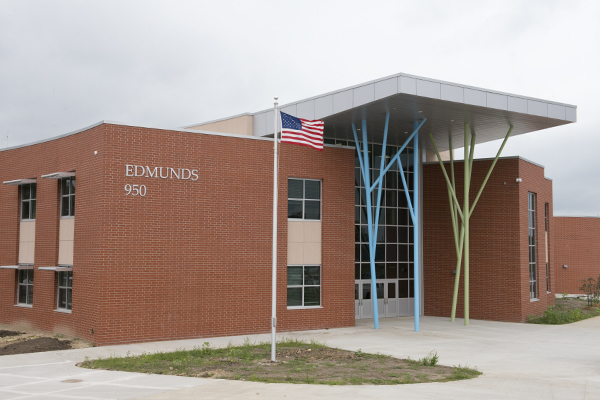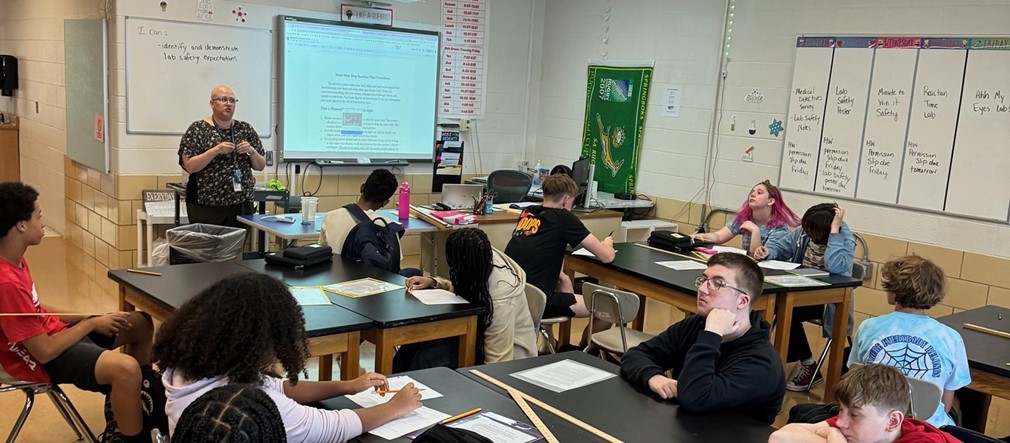Fundraising Ideas to Assist In Saving Temecula Schools and Programs
Fundraising Ideas to Assist In Saving Temecula Schools and Programs
Blog Article
Recognizing the Significance of Colleges in Youngster Development and Area Growth
Schools serve as critical institutions for child development and community growth, giving environments where academic success are enhanced by the farming of social abilities and exposure to varied point of views. These educational settings not just promote vital thinking and reliable communication yet likewise foster compassion via collaborative tasks. Colleges' interaction with neighborhood areas via service-learning campaigns reinforces the bond in between family members and academic organizations. This symbiotic connection emphasizes the relevance of schools in supporting active citizenship and lifelong learning practices. Nevertheless, what are the specific mechanisms through which these institutions attain such extensive effects?
Academic Achievement
Academic success acts as a keystone of kid advancement, providing the structure upon which future knowing and success are constructed. Schools play a crucial role in fostering this scholastic development, offering organized atmospheres where kids can acquire necessary expertise and cognitive skills. Standard curricula make certain that pupils gain effectiveness in core subjects such as maths, scientific research, and language arts, which are important for both college and expert possibilities.
In enhancement to presenting essential academic skills, colleges also grow critical thinking, problem-solving abilities, and intellectual inquisitiveness. These cognitive expertises are vital for browsing complex real-world scenarios and adapting to the ever-evolving demands of the contemporary work environment. Teachers, as facilitators of understanding, use diverse instructional techniques to cater to varied understanding styles, thus maximizing private trainee potential.
In addition, academic success is very closely connected to self-esteem and inspiration. Youngsters that experience scholastic success are most likely to create a favorable self-concept and a long-lasting enthusiasm for discovering. Colleges also use different sources, such as collections and innovation, which even more enhance the instructional experience and prepare students for a technologically innovative culture.
Social Ability Advancement
Beyond academic achievement, the duty of institutions in social skill advancement is indispensable. Schools work as a primary location for youngsters to discover and exercise necessary social abilities such as interaction, dispute, and teamwork resolution. In the structured setting of a class, trainees communicate with peers, educators, and other college personnel, supplying countless opportunities to develop these important abilities.
Reliable social ability development in colleges is facilitated through group activities, joint jobs, and extracurricular programs. These communications help students comprehend social standards, develop compassion, and promote a feeling of area. As an example, group jobs instruct trainees how to work with each other towards a common objective, listen to different perspectives, and navigate differences constructively.

The cultivation of social skills during academic year lays a foundation for future personal and expert relationships. Save Temecula Schools. As students develop, the capability to effectively connect and team up becomes progressively vital, underscoring the institution's crucial duty in all natural child development
Direct Exposure to Diversity
Exposure to diversity in schools is essential to cultivating a comprehensive state of mind and widening trainees' viewpoints. Schools work as a microcosm of the broader society, and running into look here varied cultures, languages, and socioeconomic histories within this environment equips trainees with necessary abilities for browsing a progressively globalized world. This exposure encourages empathy, decreases prejudices, and advertises common respect among peers.
Diverse classrooms also enhance cognitive and social development. Research study suggests that pupils who interact with peers from diverse backgrounds display far better problem-solving abilities and imagination. They discover to value different point of views, which enhances class discussions and promotes an extra dynamic discovering experience. Additionally, this understanding of diversity prepares pupils for future workplaces that worth modern proficiency.

Community Engagement
The advantages of varied classrooms expand past the college wall surfaces, fostering a solid feeling of neighborhood engagement amongst pupils. By engaging with peers from numerous cultural, socioeconomic, and ethnic backgrounds, pupils gain a more comprehensive viewpoint and an admiration for diversity. This exposure motivates them to end up being active people that want to contribute positively to their communities.
Colleges that emphasize community engagement often include service-learning jobs, which permit trainees to attend to real-world issues while using academic abilities. These tasks find out here not just improve pupils' understanding of their coursework yet additionally infuse a sense of obligation and empathy. Moreover, partnerships between institutions and neighborhood organizations offer trainees with chances to participate in community occasions, even more solidifying their duty as proactive area members.
Additionally, adult and community participation in institutions strengthens the bond between academic organizations and the neighborhoods they serve. Via these efforts, institutions play an essential duty in supporting community interaction and fostering social growth.
Lifelong Learning Habits
Creating lifelong knowing practices is essential for a kid's continual development and flexibility in an ever-changing globe. Colleges play a crucial function in instilling these routines by developing an environment that promotes inquisitiveness, crucial thinking, and a love for knowledge. Via extracurricular activities and varied educational programs, educators motivate students to discover numerous topics, examine information critically, and apply their learning to real-world circumstances.

Moreover, schools supply an organized environment where kids can develop self-control and time management skills, both of which are important for constant learning. By emphasizing the significance of establishing objectives, reviewing progress, and adapting techniques, universities prepare students to browse the complexities of adult life, guaranteeing they continue to be lifelong learners and factors to culture.
Final Thought
In verdict, schools are important in fostering youngster growth and area growth by offering settings helpful to academic achievement, social skill development, and exposure to diversity. Eventually, colleges grow lifelong learning behaviors, furnishing people with the needed knowledge and abilities to add positively to society.
In the structured setting of a class, students engage with peers, educators, and various other school personnel, supplying many possibilities to develop these important capacities.
In significance, direct exposure to diversity within institutions not just improves specific about his trainees but additionally strengthens the social material of the area as a whole.
The advantages of varied classrooms extend beyond the college walls, fostering a strong sense of area interaction amongst trainees.Schools that stress neighborhood involvement commonly incorporate service-learning jobs, which allow students to deal with real-world issues while using scholastic abilities. Partnerships in between colleges and neighborhood organizations supply pupils with opportunities to participate in community events, additionally solidifying their role as proactive community members.
Report this page